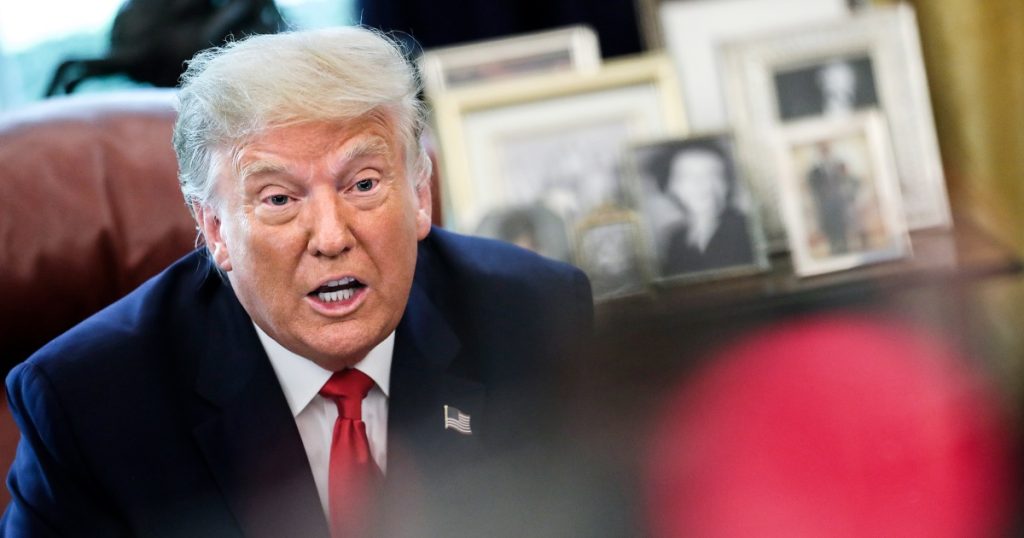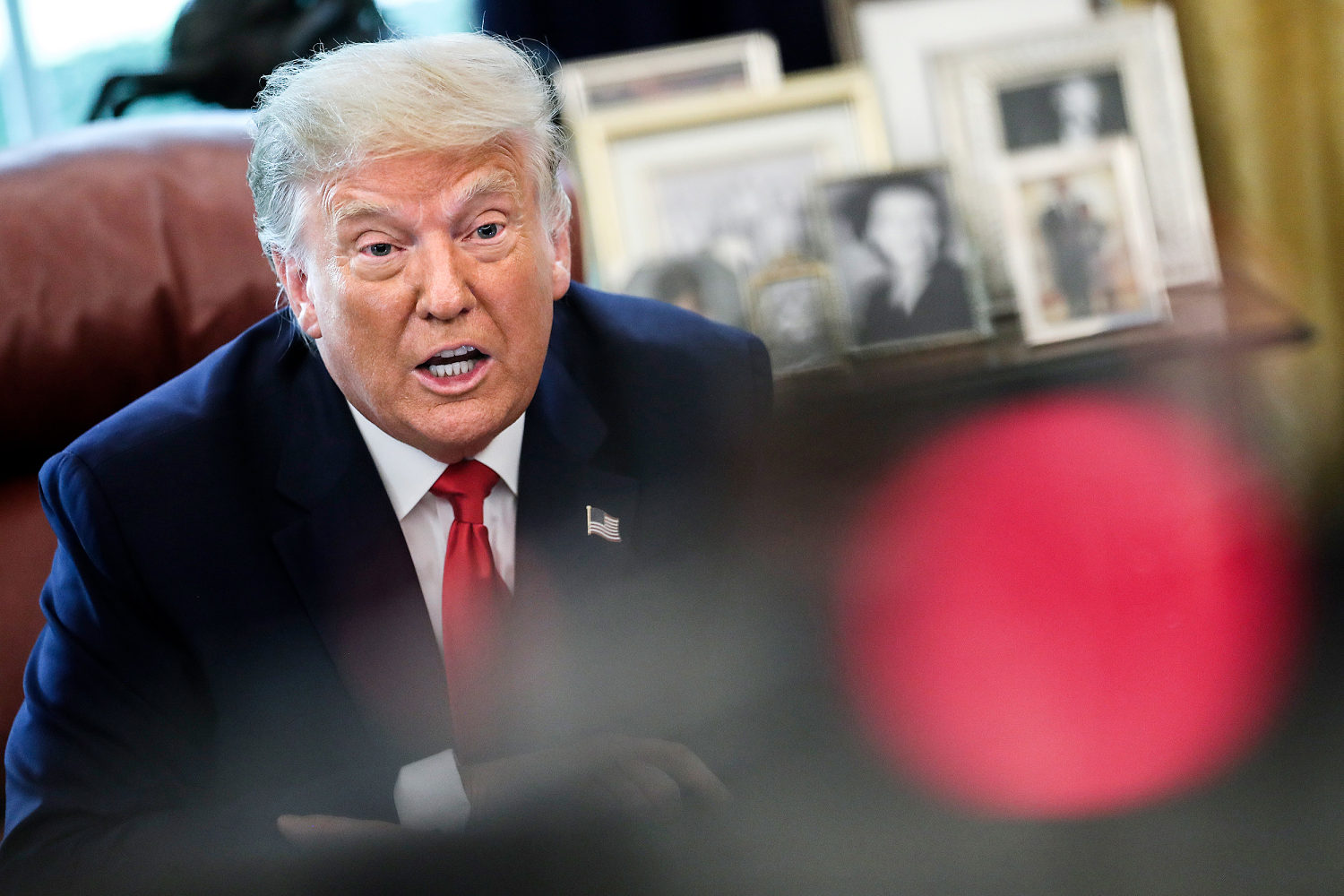

WASHINGTON — Special counsel Jack Smith on Monday asked the Supreme Court to immediately step in to decide whether former President Donald Trump has immunity from prosecution for his actions seeking to overturn the 2020 election.
“This case presents a fundamental question at the heart of our democracy: whether a former President is absolutely immune from federal prosecution for crimes committed while in office,” Smith wrote in the court filing.
Smith said it was “of imperative public importance” that the high court decide the question so that Trump’s trial, currently scheduled for March, can move forward as quickly as possible.
The Supreme Court decides which cases it hears, so it is not required to take up the case.
NBC News has reached out to Trump’s attorneys for comment on the special counsel’s filing.
On Dec. 7, U.S. District Court Judge Tanya Chutkan, who is presiding over the election interference case, denied Trump’s motion to dismiss his indictment on presidential immunity and constitutional grounds, prompting Trump to appeal and ask for the case to be put on hold.
In order to prevent a delay, Smith is seeking to circumvent the appeals process by asking the Supreme Court to take up the case and decide the issue on an expedited basis.
Smith asked the court to order Trump to respond by Dec. 18 and then immediately act on his request. Under the timeline proposed by Smith, the court — if it decides to step in — could hear arguments and issue a ruling in a matter of weeks.
There is precedent for such an outcome, with Smith citing the 1974 U.S. v. Nixon case, in which the court ruled on an expedited basis that President Richard Nixon had to hand over tape recordings sought during the Watergate scandal probe. Nixon resigned soon after the ruling.
More recently, the court has on several occasions taken up cases at an early stage of litigation to decide issues of national importance, such as the Biden administration’s vaccine mandate for businesses and its plan to forgive student loan debt. The justices ruled against Biden in both cases.
The court has a 6-3 conservative majority that includes three justices appointed by Trump. But since he left office in January 2021, the court has not been receptive to filings brought by the former president, including over his separate legal fight concerning presidential documents he stored at his Mar-a-Lago home in Florida.
Trump’s lawyers argue that his role in questioning the result of the election was within the “outer perimeter” of his official responsibilities as president, a phrase that appears in a 1982 Supreme Court ruling, also involving Nixon, about presidential immunity. Therefore, under Supreme Court precedent, he is immune from prosecution, the lawyers say.
Smith disputes that argument, saying that the 1982 case, Nixon v. Fitzgerald, only concerned presidential immunity in a civil case. He also noted in the court filing that the long-held view of the Justice Department that the president cannot be prosecuted only refers to sitting presidents.
“Like other citizens, he is accountable for criminal conduct,” Smith wrote.
A federal grand jury in Washington indicted Trump on four charges in August: conspiracy to defraud the U.S., conspiracy to obstruct an official proceeding, obstruction, and conspiracy against the right to vote and to have one’s vote counted. Trump pleaded not guilty at his arraignment hearing.
Prosecutors allege Trump used “dishonesty, fraud, and deceit” to subvert the 2020 election won by President Joe Biden with “pervasive and destabilizing lies about election fraud.” Trump was indicted after a sprawling investigation that included testimony from dozens of White House aides and advisors ranging in seniority up to former Vice President Mike Pence.
Trump is facing three other criminal cases but remains the frontrunner for the Republican presidential nomination.

 Latest Breaking News Online News Portal
Latest Breaking News Online News Portal




